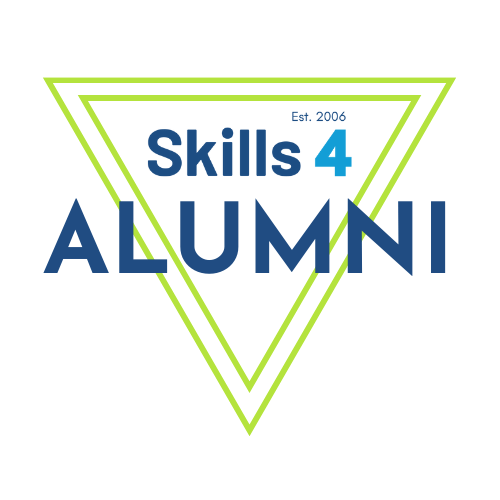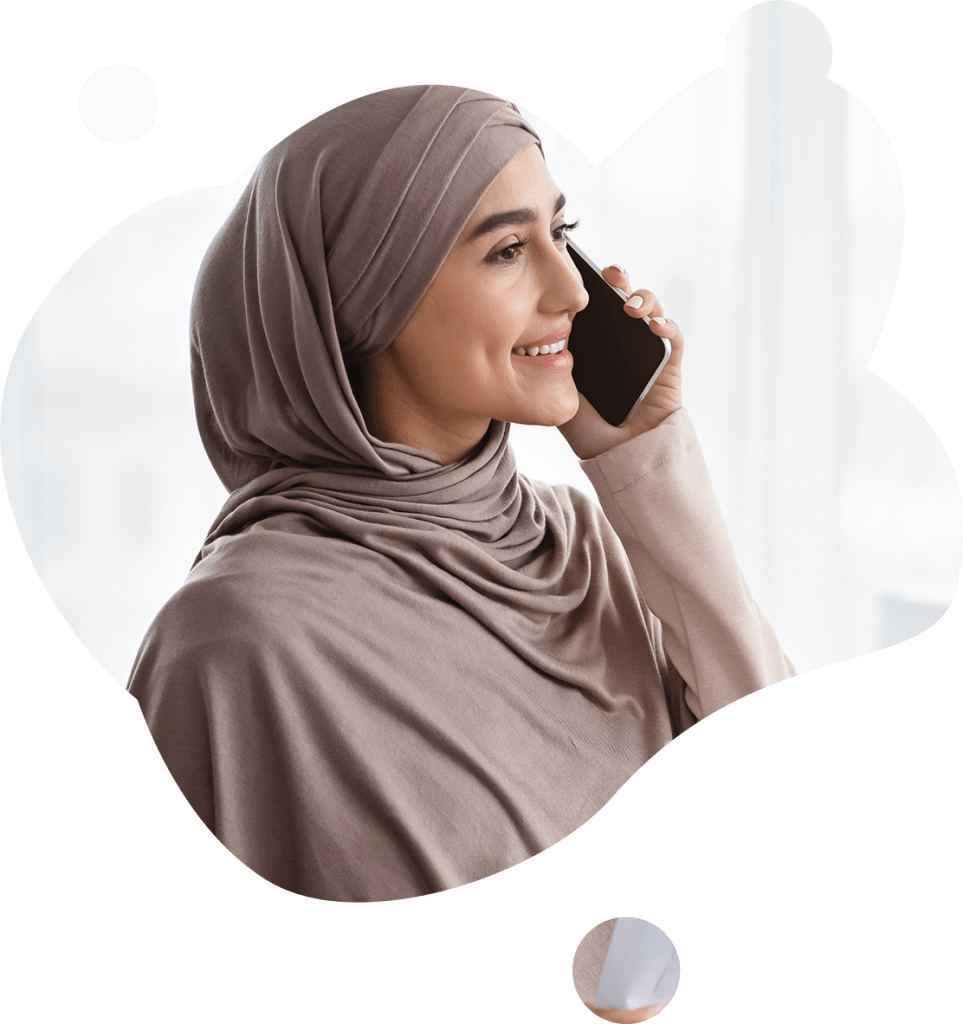Creating inclusive, psychologically safe workplaces where we can all bring our best self to work is crucial for both business performance and employee wellbeing. As a company we have seen a sharp increase in requests for training to tackle unconscious bias, however, there is also a great opportunity to raise the issue of allyship, in addition to unconscious bias, to drive sustainable change that will create a more inclusive workplace culture.
Examining the strong business, legal and moral case for diversity and inclusion both now and in the future. This is best achieved through live, candid interaction. Our initial Inclusion Allies session lasts 2.5 hours and is delivered face to face, or via live webinars.
Training is delivered by experienced sector specialists who can quickly get to the issues at the heart of the organisation. Each session gives participants the opportunity to ask questions and interact with their trainer and is tailored to meet the needs of the audience. We have a successful record in delivering impactful workshops from the boardroom; to specific functions such as recruitment and selection teams; through to shop-floor operatives.
An ally is someone who actively supports and stands up for the equal and fair treatment of others.
Allyship is a key factor in creating workplaces where everyone feels safe to be their authentic selves and contribute fully to team and business success.
Future focussed organisations understand the value and impact of allyship and support employees to act as allies for each other, creating inclusive workplaces where individuals and team, perform to their best. This workshop creates a safe space to have a structured and open dialogue with a diversity and inclusion specialist.
Outputs:
All delegates are invited to join the Skills 4 Alumni group which provides a platform to network and share best practice across different businesses within the sector. We host free refresher training and expert talks for our alumni members.


Microaggressions are brief and commonplace verbal or behavioural indignities, typically rooted in unconscious bias, that communicate derogatory or negative messages. The person delivering these behaviours or statements is often unaware of the demeaning action they have performed. Left unchecked, these can have a negative impact on mental health, productivity, and career progression.
Allyship can be given by anyone who has privilege. Everybody has some level of privilege as it is intersectional, however, some people have more privilege than others. Delegates will learn of the value that allyship adds to individuals, teams, and organisations as well as what steps are involved in becoming an effective ally and improving the workplace culture.
We also offer follow-up coaching and consultancy to support in-house initiatives such as unconscious bias awareness campaigns; allyship programmes or to review and embed unconscious bias content into in-house training programmes around key areas such as recruitment and selection and performance management.
“I’m, as we would say in L&TD ‘in the driving seat’ in my pursuit of educating and learning all I can in the ED&I arena and allyship caught my mind. I attended the Inclusion Allies (Thrive) programme.
The programme objectives included what allyship means… micro-aggressions, how to ‘call out’ behaviours that are simply not right, tools, techniques, stories (lots of them) and discussion – the whole day was enjoyable and I learned so much. I’m still reflecting and I want to share my reflection and learning with you, in the hope that you may be inspired to learn more and take note of some of the actions to be an ally yourself.”
Woz Ahmed, Chief of Staff, Imagination Technologies
Read Jo’s blog to find out more about her learning from our programme.
“It has been a pleasure working with Skills 4 in the quest to embed best EDI practice and allyship in our organisation. The team and programmes are outstanding and producing excellent results. I can highly recommend working with Jayne and the Skills 4 team and look forward to continued collaborations.”
Fran Long, Head of Training and Talent Development, The Faraday Institution